With its golden beaches, inland vineyards, and over 300 days of sunshine a year, the province of Alicante —and its stunning coastline, the Costa Blanca—, is one of the most appealing places in Spain to buy a property.
This guide is designed for expats of all profiles—retirees, digital nomads, families—looking to buy a home in this Mediterranean paradise in 2025.
Why Buy Property in Alicante province?
The province offers something for everyone:
- Climate and Quality of Life: Enjoy the Mediterranean lifestyle year-round.
- Connectivity: International access via Alicante-Elche Airport, and a modern highway network.
- Investment Value: Strong price appreciation in 2024 with continued demand in 2025.
- Lifestyle Diversity: From seaside resorts to tranquil inland villages.
🏠 Should You Rent Before Buying a property in Alicante?
If you’re new to the province or unsure which town suits you best, renting before buying is a smart first step. It gives you the flexibility to experience different areas and avoid costly mistakes.
Reasons to rent first:
- Get familiar with different neighbourhoods
- Understand seasonal dynamics
- Test commute times and local services
Tip: Live in Benidorm for both summer and winter to understand its extremes.
🌍 Best Areas to Buy Property in Alicante Province
Choosing the right location should be a meticulous process, as buying property is a long-term investment and you want to ensure the area aligns with your lifestyle and expectations.
Coastal towns are ideal for beach lovers and social lifestyles, while inland areas offer space, tranquility, and value for money.
Top Coastal Locations:
- Alicante city – Culture, sea views, and all urban amenities
- Benidorm – Bustling skyline, entertainment, and beaches
- Altea & Calpe – Coastal charm with artistic vibes
- Moraira & Benissa – Quiet, exclusive, with elegant villas
- Torrevieja – Diverse expat population and affordable housing
- Gran Alacant & Santa Pola – Close to the airport, good for families and holiday lets
Top Inland Locations:
- Pinoso & La Romana – Vineyards, almond groves, and a peaceful, bucolic lifestyle
- Alcoy & Surroundings – A Pyrenees-like mountain feel just 30 minutes from the sea
- Castalla, Sax, and nearby villages – Spanish charm, low cost of living, welcoming communities
💡 Tip: Inland homes often have more land and lower prices compared to coastal properties.
🏘️ Property Types and Ownership Structures
Understanding the different types of property and ownership models in Spain helps you make the right choice based on your needs and lifestyle.
Types of Property
- Apartments (Pisos): Great for city or beach living
- Townhouses (Adosados): Often come with communal gardens or pools
- Villas/Chalets: Standalone homes ideal for families or retirees
- Fincas: Rural houses with land, often needing some renovation
Ownership Models
This guide focuses primarily on pleno dominio, the most common and secure form of property ownership in Spain. However, it’s important to understand the alternatives:
- Pleno dominio: You hold full ownership rights, including the ability to sell, rent, or renovate the property as you wish. This is the standard option and the most straightforward for foreign buyers.
- Usufructo: Grants you the right to use the property and receive any rental income from it, but not to sell or bequeath it. Common in inheritance situations where the surviving spouse retains rights to live in the home.
- Proindiviso: Shared ownership where two or more people own a percentage of the property. All decisions (like selling) must be agreed upon by all parties. Useful for inheritance or investment but can be legally complex.
- Leasehold: Although rare in Spain, this gives the right to use a property for a fixed term (often decades) without owning it outright. Check terms carefully—leaseholds are uncommon outside major urban developments.
🔍 How to Find and Evaluate Property in Alicante
Most foreign buyers go through estate agents, which is practical—especially if you don’t speak Spanish.
However, agents often only show their own listings. For broader access to the market, it is advisable to check with different agents. Many buyers search independently and hire a lawyer to check legal aspects before buying.
Online Portals
- Idealista – Filter “particular” to find private listings
- Fotocasa
- Milanuncios
- Pisos.com
- Yaencontre
- Habitaclia
On-the-Ground Tips
Before making any decisions, it’s essential to see the property in person and investigate beyond the photos. These local checks can uncover hidden issues and provide valuable context:
- Visit homes at different times of day: Observe light, noise, smell and neighbourhood activity in the morning, afternoon, and evening.
- Check for legal extensions and building permits: Ask for documentation on any added structures, terraces, or pools. For example, some country villas have unregistered extensions or discrepancies between the actual size and what’s listed in the title deed or cadastral certificate.
- Review community fees and utility receipts: Understand monthly costs and make sure utilities and municipal taxes are up to date. Check for shared maintenance expenses in buildings or urbanisations.
- Consult the local ayuntamiento about zoning or future developments: Local plans might reveal future roads or urban projects. Be aware of laws like the Ley de Costas, which limits building and usage near the coastline.
📄 Key Documents When Buying
Before signing any contract or handing over money, it’s crucial to understand and verify a set of key legal documents. These not only confirm ownership and property boundaries but also ensure that taxes are paid and the home complies with local regulations. A local lawyer—especially one who speaks your language—can be incredibly helpful in navigating this process, translating the fine print, and explaining terms in clear, practical ways.
- Nota Simple – Land registry summary – You can request it here
- Escritura de Compraventa – Title deed
- Catastro Certificate – Check the official Catastro site
- Energy Performance Certificate
- IBI Receipt – Local property tax
- Recogida de Basuras – Waste collection local tax
- Community Fee Certificate – For shared buildings
- Cédula de habitabilidad – Occupancy Licence
- Utility Bills
- First Occupancy Licence – For new builds
📌 Step-by-Step Buying Process to buy a property in Alicante
The process of buying property in Spain typically involves a few legal and financial milestones. While not all steps are required by law, some are standard practice among real estate agents and legal professionals. One common example is the reservation contract, which is not legally required but is often used to secure a property while you finalise your decision. This contract usually involves a small deposit, and the property is taken off the market temporarily. It’s crucial to include a clause allowing you to reclaim this deposit should the legal or structural checks reveal significant issues.
Similarly, the private purchase contract is the real point of legal commitment. Once signed, it is binding for both parties. You may also include an exit clause based on due diligence findings, but be aware: if you withdraw for personal reasons (e.g. finding another property), you may need to compensate the seller.
Always seek advice from a qualified lawyer for contract reviews and property checks, and consider hiring a gestor to assist with administrative steps like utilities and registration.
- Define your criteria and total budget (add 12–15% for taxes and fees) and decide if you need a mortgage (see costs below)
- Get your NIE and open a Spanish bank account
- View properties and make an offer
- Optionally, sign reservation contract (~10% deposit)
- Hire a lawyer for due diligence
- Sign private purchase contract
- Final notary signing and tax payment
- Register at the Registro de la Propiedad (usually the Notary office can arrange this for you)
- Update the Catastro
- Transfer utility contracts
- Hire / contract new utility contracts (e.g. internet, mobile phone lines, TV platform…)
💶 Costs and Taxes in Alicante 2025
| Property Type | Tax | Rate |
| New Build | VAT (IVA) | 10% |
| All types | IAJD | 1.5% |
| Resale | ITP | 10% |
Other Costs:
- Notary: €600–€1,200
- Land Registry: €400–€700
- Lawyer: 0.7–1.5%
- Mortgage Costs: 0.5–1% + €300–€500 valuation
🏦 Mortgages for Foreign Buyers
Foreign buyers—including non-residents—can apply for mortgages in Spain, although terms may differ from those offered to residents. Spanish banks are generally open to financing purchases by international clients, provided you meet basic requirements such as having an NIE, proving income, and opening a Spanish bank account. Here are the typical conditions for 2025:
- Non-residents: 60–70% loan-to-value
- Residents: Up to 80%
- Requirements: NIE, proof of income, Spanish bank account
- 2025 Rates: Fixed (3.1–3.7%), Mixed (from 2.7%)
💳 Best Banks for Expats in 2025
Spain offers a broad range of banking options for residents and non-residents alike. Understanding the difference between traditional banks (bancos) and regional savings banks (cajas de ahorros) is key to finding a provider that fits your needs. Traditional banks tend to be larger and operate nationally or internationally, often offering a wide variety of services. Savings banks, meanwhile, are typically more local and community-focused, offering more personal service—particularly useful in smaller towns and villages in the interior of Alicante.
When choosing a bank, expats should consider:
- Availability of English-speaking staff
- Low account maintenance fees
- Online and mobile banking features
- Experience with international clients
- Mortgage and insurance service bundling (if you need financial support)
🏦 Top 10 Cajas de Ahorros (Savings Banks) in Alicante
These regional savings banks are valued for personalised local service and ease for non-Spanish speakers:
- Caja Rural Central – Highly recommended for no-fee accounts and friendly service in inland towns like Orihuela.
- Caixa Popular – Offers strong assistance in Castalla and inland villages.
- Caja Rural de Almoradí – Popular in the Vega Baja area among expats.
- Caja Rural de Elche – Frequently mentioned by airport-region buyers.
- Cajamar Cooperative Group – Known for convenience and good online options among rural buyers.
- Caja Rural de Novelda – Community-focused bank used across central inland Alicante.
- Caja Rural de Alcoy – Preferred by buyers near Alcoy for local support.
- Caja Rural de Sella – Noted for reliability in Marina Baixa interior.
- Colonya Caixa Pollença – Although Balearic-based, it has Spanish-language banking familiar to some expats.
- Caja Rural de Monforte – A small rural bank with positive local reviews.
🏛️ Top 10 Traditional Banks for Expats in Alicante
National and international banks favored by expats for their full-service offerings:
- Banco Sabadell – Alicante-based and considered the most foreigner-friendly, with HolaBank services and multilingual support.
- CaixaBank – One of Spain’s largest banks, with branches throughout Alicante province and services tailored to expats.
- Santander – Extensive national network, solid expat reputation, and competitive mortgage offerings.
- BBVA – Offers a strong digital platform and support for English-speaking clients in urban and coastal areas.
- Bankinter – Popular for non-resident mortgages and financial services in both Alicante city and the coast.
- ING España – Dutch-owned, digital-first bank with physical branches in major towns like Elche and Alicante.
- Openbank (Santander Group) – Fully digital with broad access for tech-savvy expats.
- EVO Banco – Popular online bank offering modern, low-fee accounts.
- MyInvestor – App-based, ideal for second-home buyers and those focused on investments.
- Deutsche Bank – Offers multilingual services and is appreciated by German and other European expats; available in key Alicante cities.
🛡️ Home Insurance in Spain
Required for mortgages, recommended for all homeowners.
While it is legally required if you’re taking out a mortgage, it is also highly recommended for cash buyers to protect their investment against fire, water damage, theft, and liability.
Spanish policies are generally affordable and flexible, and many insurers offer English-language support for expats.
- Some longstanding, reliable insurace companies: Mapfre, AXA, Allianz, Zurich, Generali, Caser, Reale, Santalucía, Ocaso
Example Cost Breakdown for a €350,000 Property with 60% Mortgage
Upfront Costs (Purchase Price, Fees & Taxes) When Buying a Property in Alicante, Spain
| Item | % / Basis | Estimated Cost (€) |
| Property Price | – | 350,000 |
| ITP (Resale Property Tax) | 10% | 35,000 |
| Notary Fees | Flat | 900 |
| Land Registry Fees | Flat | 600 |
| Lawyer Fees | 1% | 3,500 |
| Mortgage Setup Fee | 0.7% | 2,450 |
| Valuation (Tasación) | Flat | 400 |
| Estimated Total Costs | ~12.6% | 42,850 |
| Total to Pay Upfront | 40% of €350,000 + Costs | 182,850 |
Monthly and Ongoing Costs
| Ongoing Expenses | Frequency | Estimated Cost (€) |
| Monthly Mortgage Payment | Monthly (~3.5%) | ~1,110 |
| Home Insurance | Annual | ~300 |
| IBI (Property Tax) | Annual | 400–800 |
| Basura (Waste Collection Fee) | Annual | ~120 |
| Utilities (Water, Electricity) | Monthly | ~100–150 |
| Internet | Monthly | ~30–40 |
- Note 1: Figures are approximate and vary based on property type, town, and bank terms.
- Note 2: Estate agents in Spain typically charge a commission of 3% to 6% of the sale price, although this can vary. In most cases, this fee is paid by the seller, not the buyer. However, it’s still useful for buyers to understand this cost, especially when negotiating directly with owners or if extra services are included.
⚖️ Do You Need a Lawyer, an Agent or a Gestor to buy a property in Alicante?
Navigating the Spanish property market can be complex, especially if you’re unfamiliar with the language or legal system. Engaging the right professionals will save you time, avoid costly mistakes, and ensure that every step—from reservation to final registration—is legally sound. Each role plays a specific part in your buying journey, and choosing a combination that fits your comfort level and budget is key.
- Lawyer (Abogado): Legal checks, contracts, inheritance advice
- Gestor: Bureaucracy and tax help
- Agent: Searches and negotiates property deals
⚠️ Legal Alert: Tax Changes?
A proposal under discussion in the Comunidad Valenciana has raised concerns among international buyers: a potential increase of the ITP (Property Transfer Tax) to 20% for buyers from outside the EU, EEA, and Switzerland. Although the change has not been passed into law, it has caused considerable uncertainty.
It’s important to clarify that this is still a draft proposal, and no official change has yet been enacted. If implemented, the new rate would apply only to resale properties and only to non-EU/EEA/Swiss citizens, not to residents or EU nationals. Additionally, new builds would remain subject to VAT (IVA) and IAJD, which are unaffected by this proposal.
As the situation evolves, buyers are advised to stay informed through official sources and to consult their lawyer before committing to any property transaction. You can monitor legal developments directly through the official links provided below or with your lawyer.
🔗 Useful Links
🏛️ Official sources
- Government of Spain – Notarial Offices and Property Registers (in English)
- Spanish Mortgage Law (in English)
- Registro de la Propiedad – Land/Property Registry Information Service (in English)
- Valencian Region (Alicante) Tax Portal – ITP & IAJD (in Spanish)
- Boletín Oficial del Estado (BOE)
📚 Related Articles
📘 Glossary
A helpful reference for the most common acronyms and legal terms encountered when buying property in Spain:
| Acronym | Spanish Term | English Translation | Definition |
| NIE | Número de Identificación de Extranjero | Foreigner Identification Number | A tax identification number required for any legal or financial transaction in Spain, including property purchases. |
| ITP | Impuesto de Transmisiones Patrimoniales | Property Transfer Tax | A tax applied to the purchase of resale properties. In Alicante province, the typical rate is 10%. |
| IVA | Impuesto sobre el Valor Añadido | Value Added Tax (VAT) | Applied to new build properties at a rate of 10%. |
| IAJD | Impuesto de Actos Jurídicos Documentados | Stamp Duty | A tax on notarised documents, applied to new builds and mortgages. Typically 1.5% in the Valencia region. |
| IBI | Impuesto sobre Bienes Inmuebles | Local Property Tax | An annual municipal tax based on the cadastral value of a property. Paid to the local council. |
| BOE | Boletín Oficial del Estado | Official State Gazette | Spain’s official government publication for laws and legal notices. |
| Catastro | Cadastral Registry | Records a property’s physical characteristics, boundaries, and land value for tax purposes. Managed by Hacienda. | |
| Registro de la Propiedad | Property Registry | Records legal ownership, liens, debts, and property rights. Managed by the Ministry of Justice and notaries. | |
| Nota Simple | Land Registry Extract | A summary of a property’s ownership, debts, and legal status, obtained from the Property Registry. | |
| Escritura | Escritura de Compraventa | Title Deed | The official public document that proves ownership of a property. Signed at the notary’s office. |
| Gestor | Administrative Consultant | A professional who assists with paperwork, registrations, and tax filing—not necessarily a lawyer. | |
| Abogado | Lawyer | A licensed legal professional who handles contracts, inheritance, due diligence, and dispute resolution. |
Frequently Asked Questions (FAQ)
Yes, both residents and non-residents—including citizens of non-EU countries—can buy property in Spain. All you need is an NIE (Número de Identificación de Extranjero), which serves as your tax ID. Properties in both coastal areas and inland villages are open to international buyers.
Expect to add around 12–15% on top of the purchase price. This includes taxes (VAT or ITP), notary fees, land registry costs, legal services, and possibly mortgage setup fees. Costs vary slightly depending on whether it’s a new build or a resale property.
Home insurance is legally required if you take out a mortgage in Spain. However, it is strongly advised for all homeowners—whether in the city or countryside—to protect against damage, theft, or liability. Providers like Mapfre, Allianz, or Generali offer expat-friendly policies.
Yes. Many foreigners successfully buy from private individuals, especially in less touristy areas or rural inland villages like Sax or La Romana. It is highly recommended to involve a lawyer to check documentation and prevent legal pitfalls.
Not necessarily. You can purchase remotely using a power of attorney granted to your lawyer or gestor. This is common for overseas buyers, especially during early stages like signing reservation or private contracts.
As of june 2025, the proposed increase to 20% ITP for non-EU/EEA/Swiss buyers in the Comunidad Valenciana is still a draft.
If passed, it will only apply to resale properties and not to new builds. Always consult BOE or your lawyer for updates.

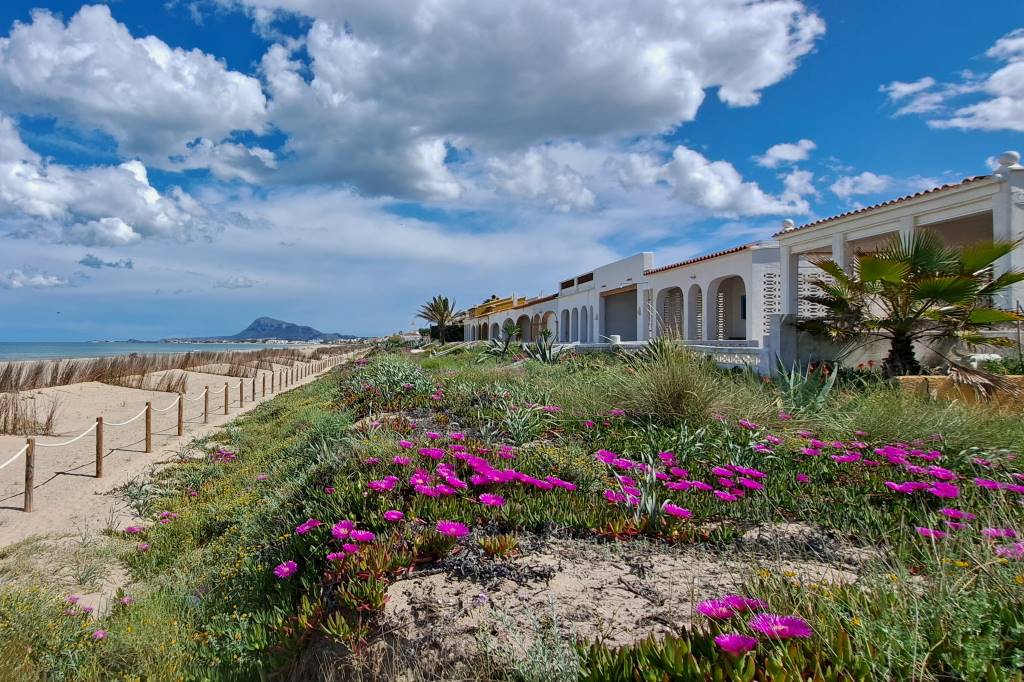
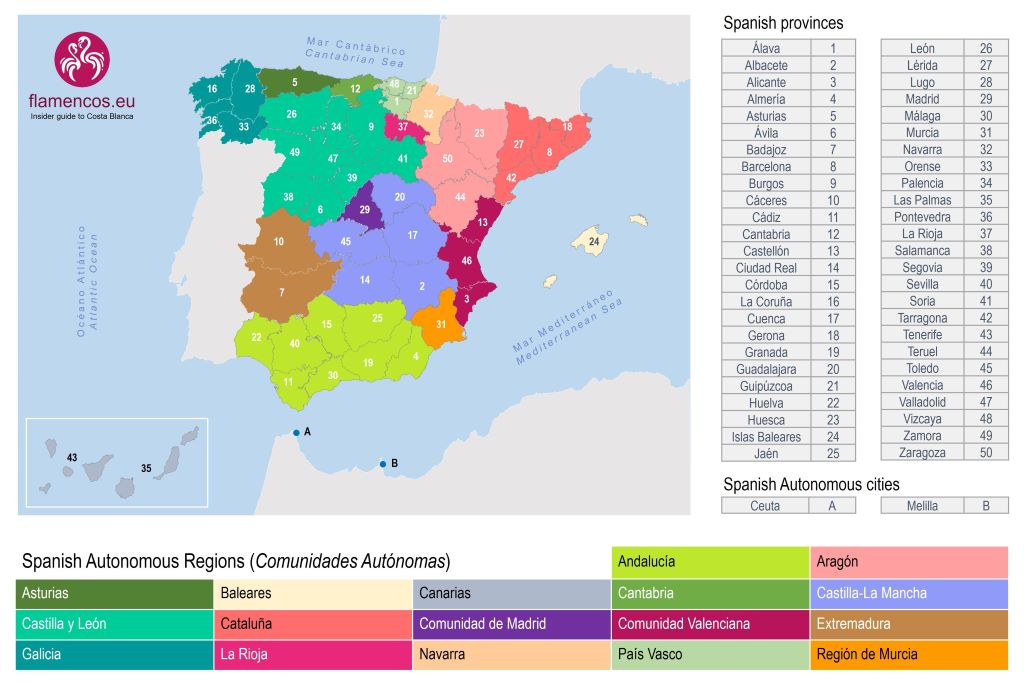
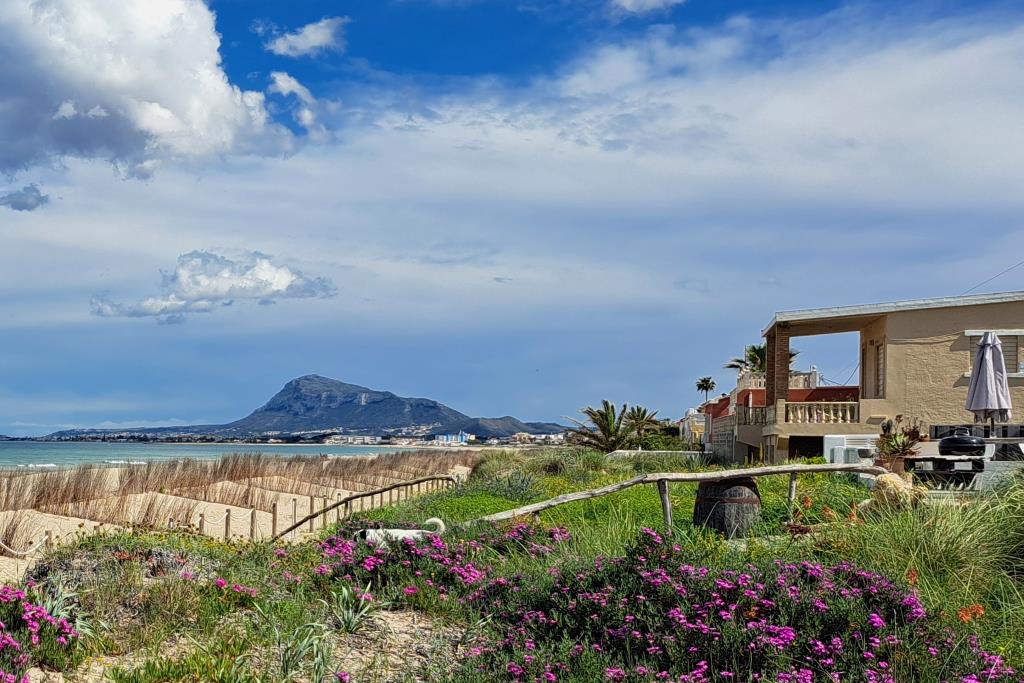
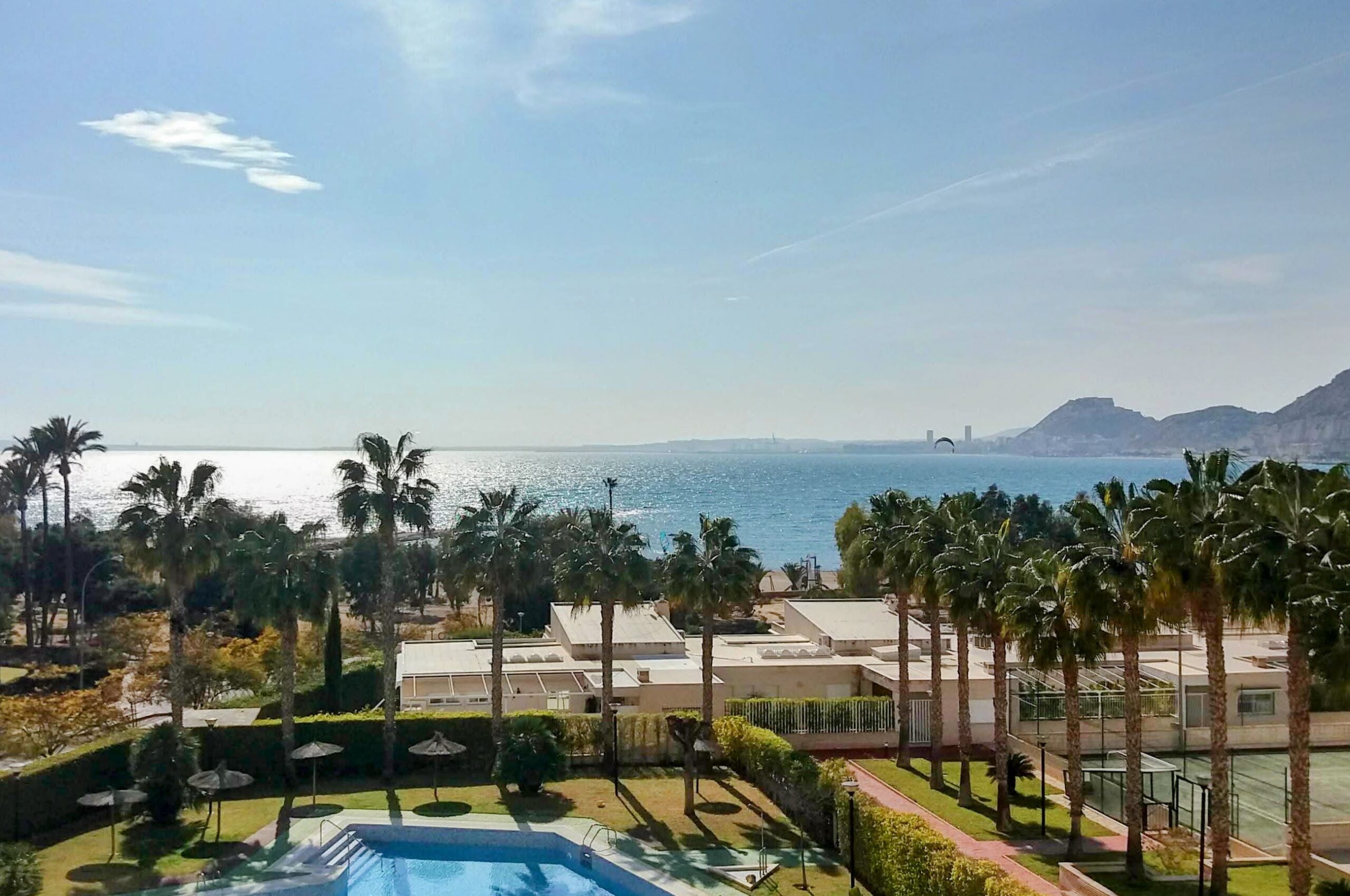
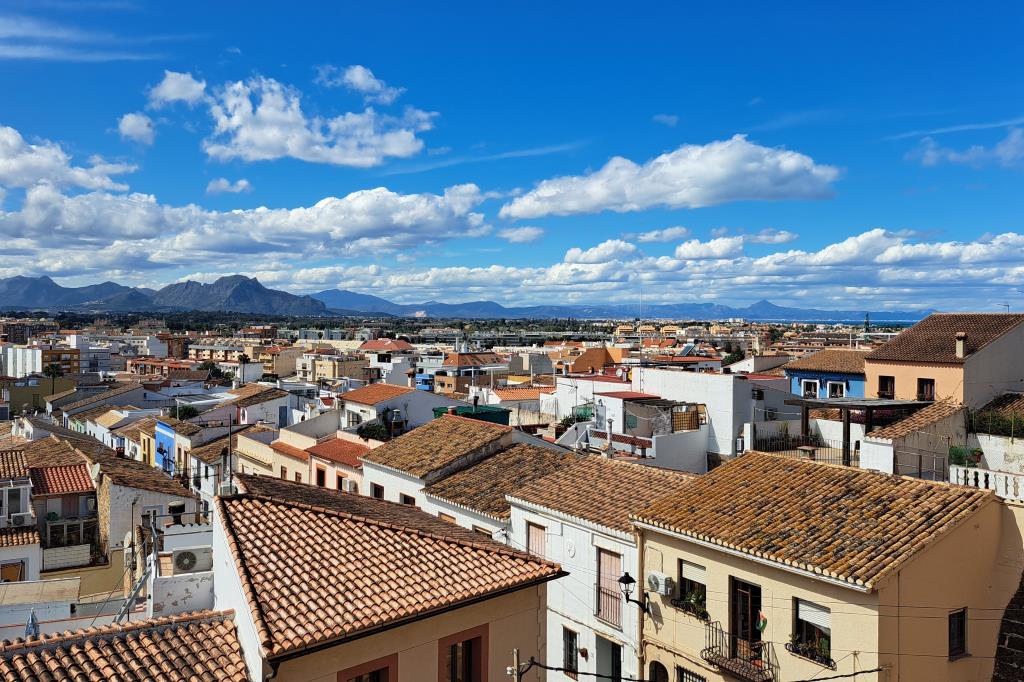



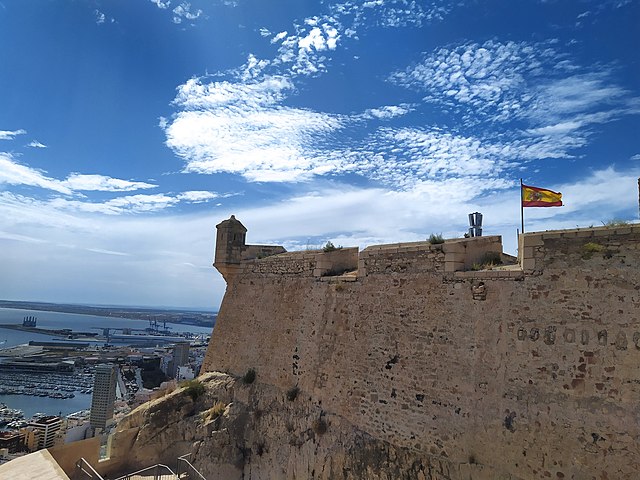
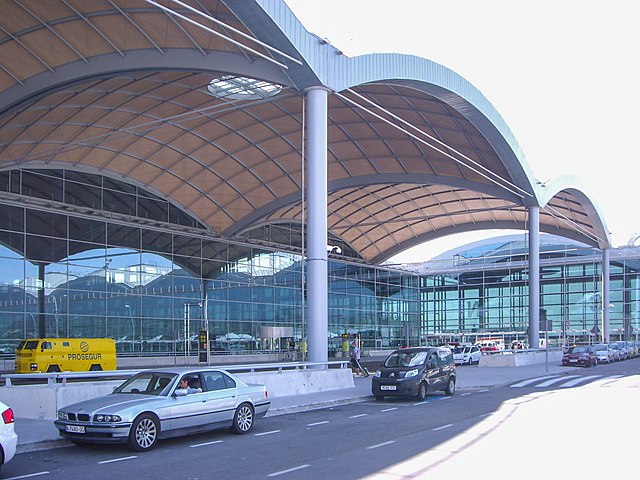
Leave a Reply
You must be logged in to post a comment.